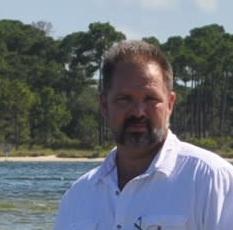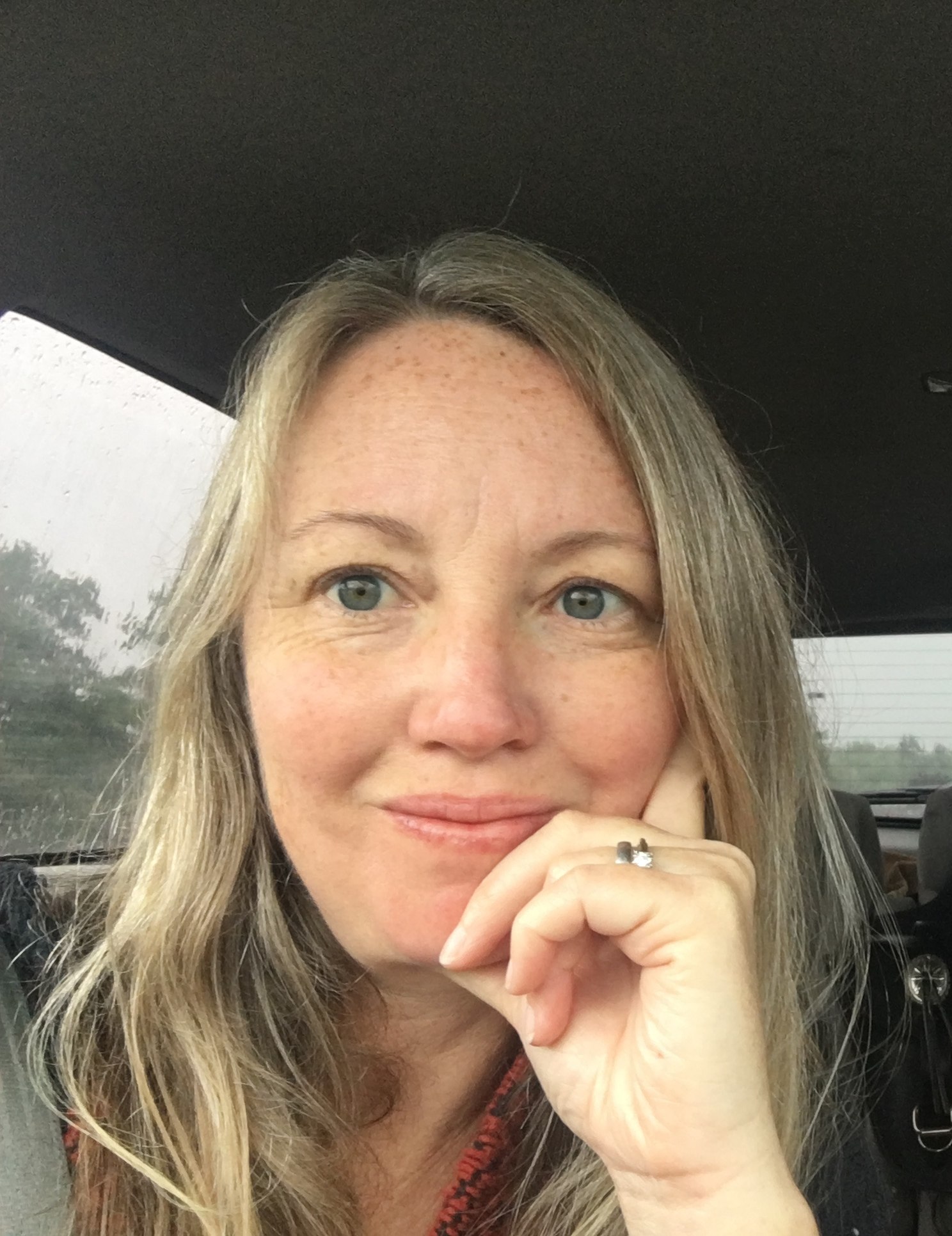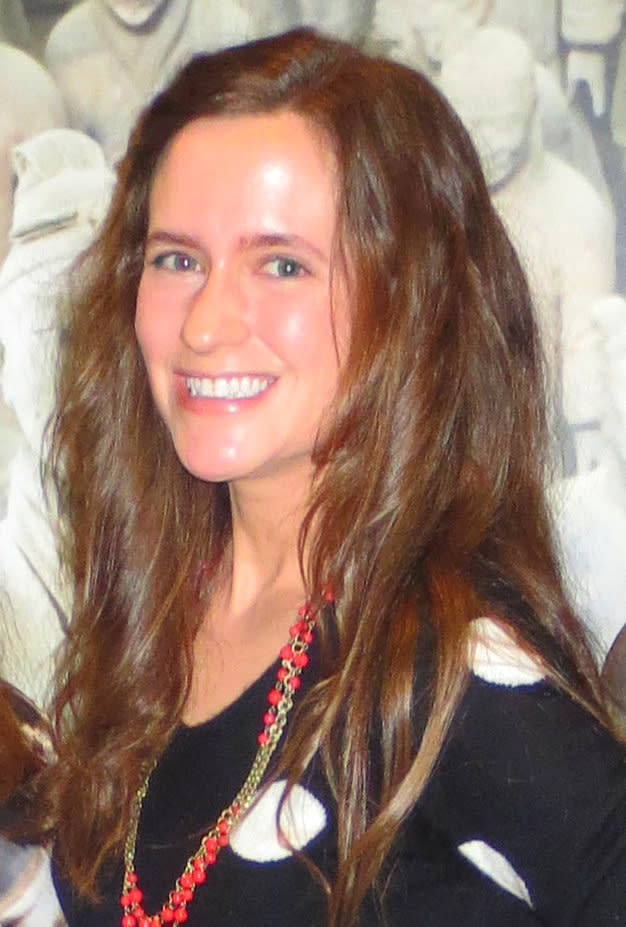South Central Chapter


Jodie M. Burns,
Jodie Murray Burns, PWS, began working as an environmental consultant in wetlands & stream related work in 1993, and is the Senior Scientist & Principal at Cattails Environmental located in northwest Arkansas. Ms. Burns is the current SWS SCC Immediate Past President (2023-2025) and SWS Webinar Series Committee Speaker Recruiter/Legacy Interviews (2021-present), along with being an active member in the SWS Central Chapter and a member of the Women in Wetlands and Public Policy & Regulation Sections. Burns' LinkedIn profile
Caitlin Chaney
Mrs. Chaney conducts natural resources work for energy, transportation, land development, and public works projects for compliance with the Clean Water Act (CWA), National Environmental Policy Act (NEPA), and the Endangered Species Act (ESA). With 7 years of experience in federal and state permitting, she has prepared permit applications, technical reports, Stormwater Pollution Prevention Plans (SWPPP), best management practices (BMP) plans, and Phase I Environmental Site Assessments (Phase I ESAs). She has experience in wetland delineations, wetland and stream functional assessments, threatened and endangered species reviews, and environmental inspections.
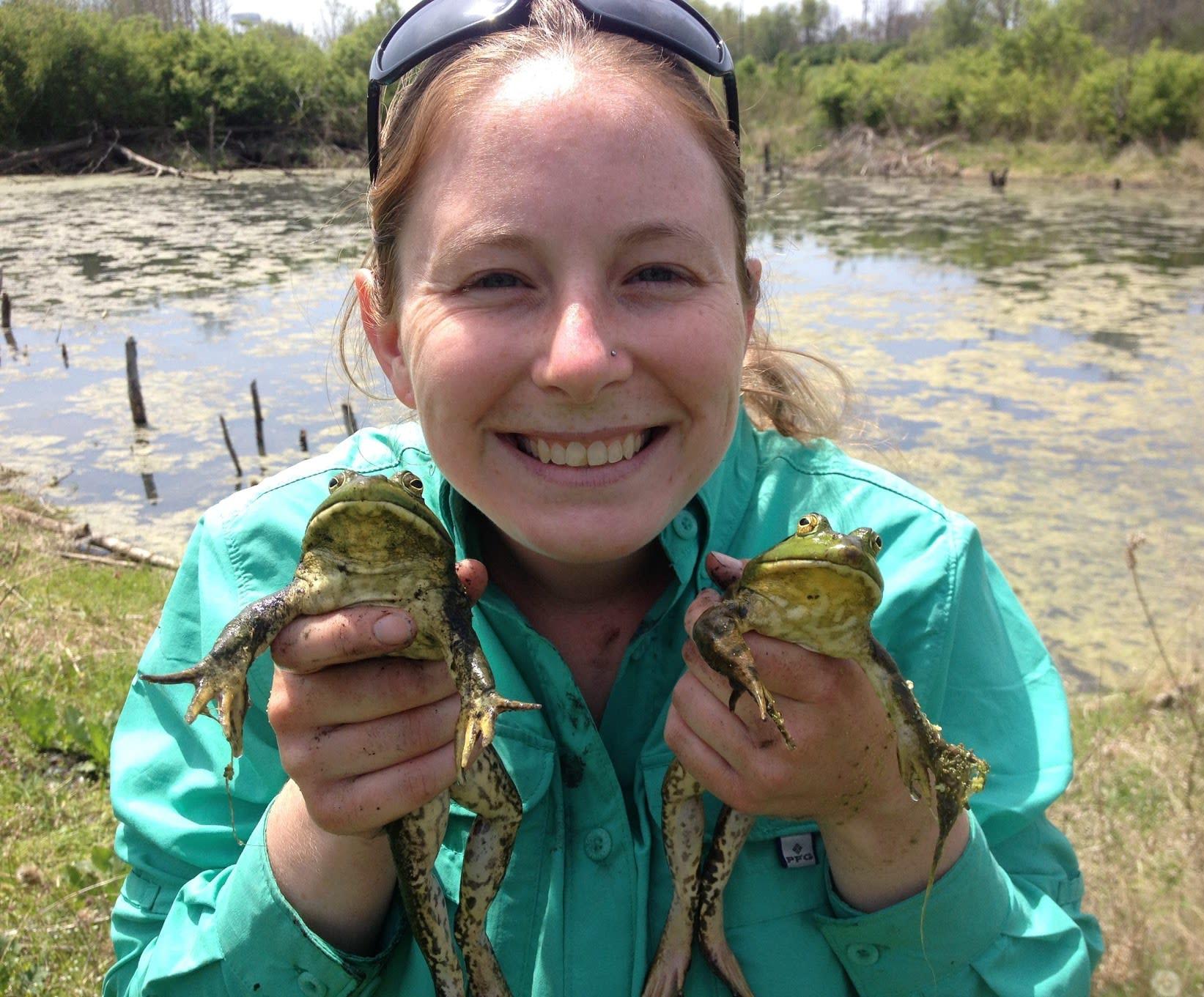
Chad Copeland


Edward D. Entsminger
Edward D. Entsminger earned three Associate of Applied Science (A.A.S.) degrees in Fish and Wildlife Management, Fish Management and Aquaculture, and Parks and Recreation and Wildlife Management from Hocking College in 2007 and 2009. Received a Bachelor of Science (B.S.) degree in Wildlife and Fish Conservation and Management from the University of Rio Grande in 2009. Earned a Master of Science (M.S.) degree in Wildlife, Fisheries, and Aquaculture Sciences in May 2014 from Mississippi State University (MSU). His master thesis was on the “Plant community response to reduced mowing regimens and occurrence of white-tailed deer and other wildlife observations along highway right-of-ways in northeastern Mississippi.” Since graduating with a master’s degree, he was hired on as a full-time Research Associate I in September 2014 within the Department of Sustainable Bioproducts and Forest and Wildlife Research Center (FWRC) at MSU. He obtained and holds three professional certifications as an Associate Wildlife Biologist (AWB ®), Associate Fisheries Professional (FP-A), and a Wetland Professional In Training (WPIT) in 2015. Received the Doris Lee Memorial Professional Staff Award in November 2018. He is a wildlife and fisheries biologist and general ecologist, and his research has focused on prairies, reclamation sites, forested environments, wetlands, mowing on roadside right-of-ways, using ArcGIS mapping software, and researching vegetation and habitat structure for various fish and wildlife species like the white-tailed deer. He coordinated and managed the outreach extension program called Wood Magic Science Fair Mobile Unit, which reached more than 12,000 people each year around the state of Mississippi for 9 years. He also conducted research on testing materials destructively and non-destructively, wood anatomy identification, hardwood plywood bio-based adhesives, wood strand-based products, cross-laminated timbers (CLT), and various aspects of our sustainable and natural resources. He has over 19 years of education experience and over 23 years of job experience in the natural resources’ profession. Has been with the university for over 14 years. He has authored or co-authored more than 20 professional peer-reviewed research articles, a master’s thesis, one book chapter, several technical manuals, more than 35 popular articles, given 100’s of presentations, and has more than three journal articles in the peer-review process. Currently, I am an Extension Associate III in the Department of Wildlife, Fisheries and Aquaculture (WFA) and Forest and Wildlife Research Center (FWRC) in the College of Forest Resources (CFR) at MSU.

Gary Ervin
I earned my B.S. and Ph.D. from the University of Alabama (Tuscaloosa). After a post-doc at the University of Arkansas (Fayetteville), I took a faculty position in Plant Ecology in the Department of Biological Sciences at Mississippi State University, where I have been since 2001. I have served on the editorial board for Wetlands and on the executive committee for the South Central Chapter of SWS.
John Finley
Mr. Finley has proven success as a natural resources biologist conducting wetland delineations, mitigation planning, remote sensing studies, sensitive species habitat assessments, state and federal permitting,
botanical and habitat assessments, avian surveys, GPS/GIS analysis, and NEPA authorship.


Eric Fuselier
Eric Fuselier has been working as an environmental consultant for 10+ years and is currently working for Olsson as a project scientist at their office in Fayetteville, AR.
Eric has conducted wetland delineations and stream assessments for a variety of agencies, such as the Arkansas DOT, Oklahoma DOT, Mississippi DOT, and Missouri DOT; for municipalities across Arkansas, Oklahoma, and Texas; and for a wide variety of industries that include transportation, oil and gas, water and sewer utilities, and residential and commercial development.
Eric is the President-Elect of the South Central Chapter.

Kent Glade
I’m an ‘Edutainer’ engaging audiences in clean water and wetlands discovery, climate care and Earth Day education. SWAMPY is a wetlands focus character that I use to wade into: Soils, Waters, Animals, Mankind, Plants and Youth!
Visit my Linktree site for more info on 40 years of eco action with:
1) ‘Swampy & Friends’ book on Amazon
2) World Ocean Day creation on Clubhouse
3) Songs videos and podcasts in my SWAMPY Studios
4) Interview with Kent Glade
My career tool box 🛠 has included:
💧 Bachelor Science Forestry
💧 Master Public Admin
💧 Nature Sanctuary Mgr
💧 Credit Manager
💧 Co-Mgr Home Center
💧 Construction Estimator
💧 Environ Branch Manager
💧 Urban Planner
💧 Senior Enviro Technologist
💧 FEMA & State Contractor
I’m a survivor!🤫 Ask me what it’s it’s like to survive 6 years in an orphanage and stories reliving a car accident with a 41 ton rock truck!
As an educator, I connect with youth via on-site and virtual eco shows! Diversify your kids daily ed sched with a Kent Glade ‘wade-in’ tailored to your preferences! I partner with businesses to promote PR for their action to make a better Planet! My contact info is:
💧kentglade@swampy.org
💧1-859-321-2676
💧 https://linktr.ee/goswampy
Also, I’m from Kentucky a Commonwealth as:
💧home town Muhammad Ali🥊
💧birth place Abraham Lincoln 🇺🇸
💧famous Kentucky Fried Chicken🍗
💧Horse Capital of the World 🐎
💧traditional Bluegrass music 🎻
💧great college basketball 🏀
💧smooth sipping bourbon🍹
💧long’st Mammoth Cave system 🦗
Eva Cassidy singer jazz
Rhiannon Giddens
Swampy-The Living Wetland’ arrives in costume to reveal his imagery for blue waters, brown soils, green plants and dangling animals such as snakes, frogs and turtles! Listen closely as you hear Swamp tunes and creature sounds! (See my SWAMPY Show on my YouTube Channel via Linktree on IG!)
I’m raising support to:
1) repair my Swampy costume
2) hire a Virtual Assistant
3) bring water to a 250 child orphanage in West Uganda
4) create “Swampy & Friends” TV, a safe place for kids in creeks!
Bio
Influencer for passion, clean water, wetlands and Earth Day.
Visit my link tree to explore our June 8th “World Ocean Day!” on Clubhouse - an 18hr marathon summit involving over 14 eco related houses. To play replays visit my Twitter account and scroll down and select the replay you want to hear on 18 topics of concerns for our oceans.
🌊🌊🌊. S🤎W💙A❤️M🤍P💚Y💛 🌊🌊🌊🌊
SWAMPY is a word acronym for:
🤎 Soils - “Do you like to get muddy buddy?”
💙 Waters - “What flows around comes around”
❤️ Animals - red as our life blood bio indicators
🩶 Mankind - silver somewhere been black & white
💚 Plants - green aquatic breath holders
💛 Youth - yellow for kids and our 🌞
I’ve lived my dream for over 40 years in eco education and applications - being a child of the Green Generation! Visit my Linktree with links to:
💦 SWAMPY Says - latest 💧news
💦 SWAMPY Social - media platform
💦 SWAMPY Safari - orgs to follow
💦 SWAMPY Studios - YouTube videos
💦 SWAMPY School kids eco ed
Swampy ‘currents events’:
1) Invite Kent Glade aka Swampy virtually to your school business or event! 2) Join me in creating my “Swampy and Friends” kids TV show! 3) Serve on my board as secretary or treasurer. 4) Partner and make money with production of 3D Swampy for school kids. 5) Barter services with me to use my Swampy stamp to show your business and organization commitment to clean water nature and sustainability via GoSwampy Linktree! Https://linktr.ee/goswampy
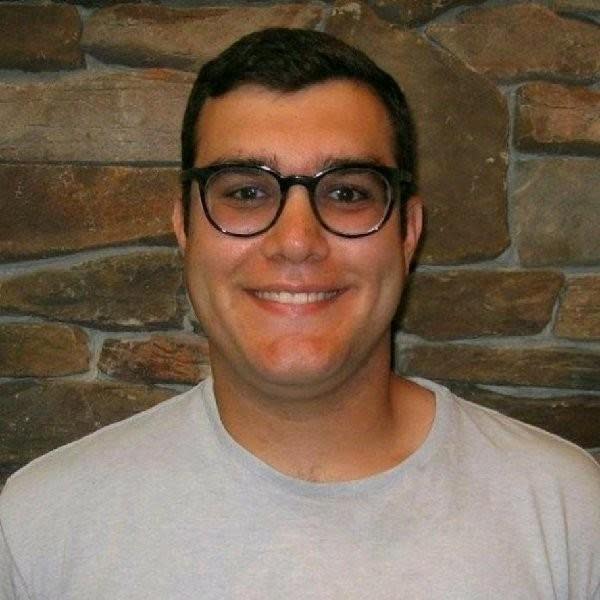
Timothy Guess
I started helping to delineate wetlands back in May of 2018. Since then, I have focused on becoming a well-rounded wetland delineator to earn my professional wetland scientist certification hopefully.
Wilson Harper
My name is Wilson Harper and I am from Jackson, Mississippi. I am an environmental professional with nearly seven years of professional experience specializing in environmental project management, environmental compliance, environmental permitting, environmental geology, wetlands, NEPA process environmental assessments (EIS, EA, CE), GIS mapping, Federal and State environmental regulations, MDEQ and local environmental regulations, and sustainable development. I have a bachelor's degree in Environmental Geoscience from Mississippi State University and a Master's of Science degree in Environmental Management & Sustainability from the University of Malta & James Madison University.





Michael Lane
Michael Lane works as GHD's Natural Resources Technical Director in their MidCon region.
Mr. Lane's education and experience in aquatic ecology and wetland science provide him the skillset needed for conducting environmental impact assessments and navigating environmental policy and regulations. Mr. Lane has served as an integral member on many infrastructure projects involving water resources, transportation, and utilities often involving regulations associated with National Environmental Policy Act (NEPA), Clean Water Act (CWA), Endangered Species Act (ESA), National Historic Preservation Act (NHPA), etc.
Mr. Lane has a demonstrated history of successfully guiding clients through regulatory processes with the U.S. Army Corps of Engineers acquiring Section 404/10 Permits and obtaining jurisdictional determinations. As a Professional Wetland Scientist (PWS), Mr. Lane understands mitigation planning as well as planning hydrology (water budgets), vegetation, and soils for enhancing, restoring, and constructing wetlands. Mr. Lane also specializes in leading field crews and project logistics.
Kristen Laursen
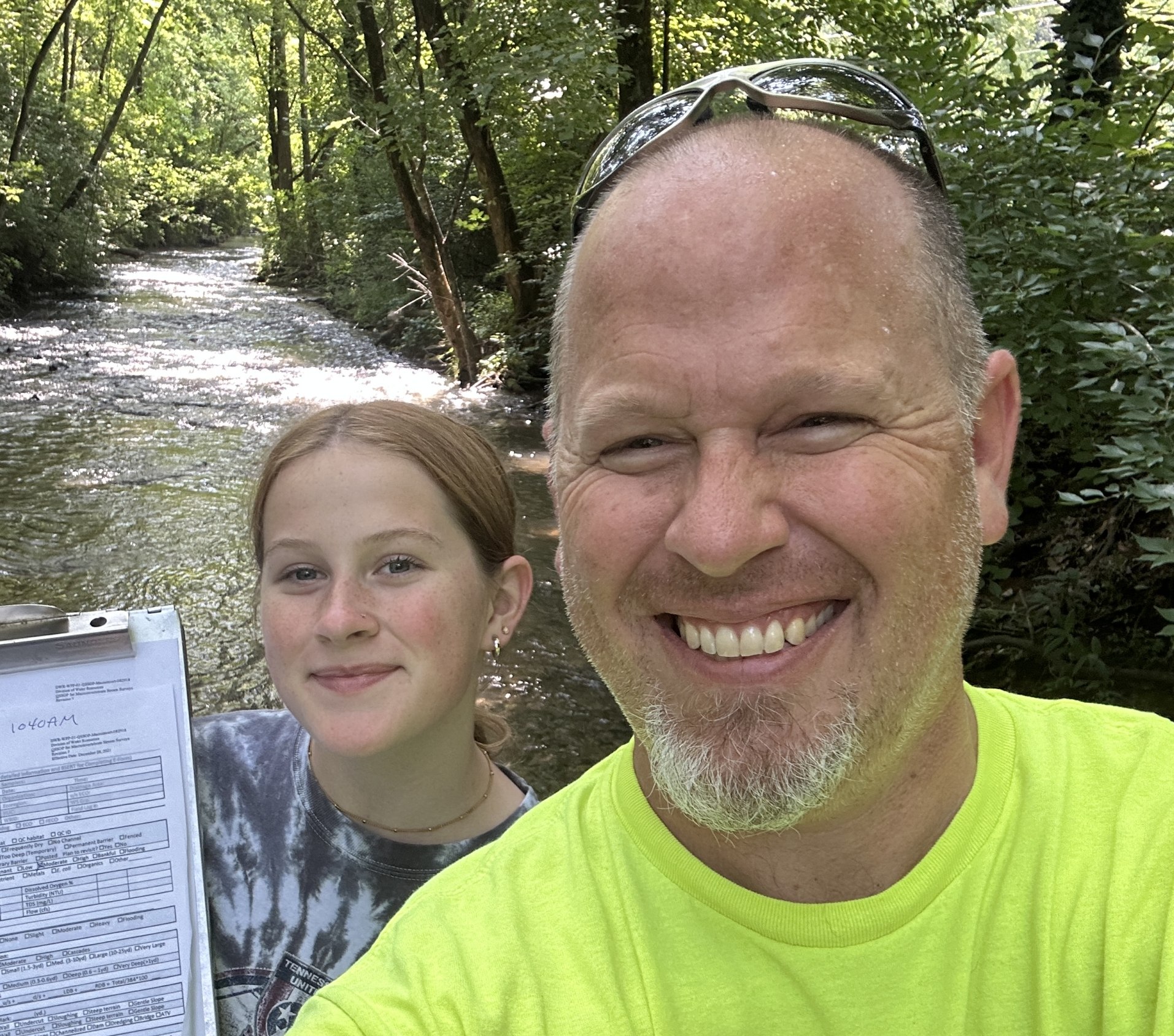
Jason Mann
I am a stream and wetland scientist, with a strong regulatory background, working in the private sector in East Tennessee. By mixing my aquatic biology and civil engineering education, I bring a strong crossfire of expertise into the water quality sector of the environmental industry.

Madison McVey
Hello! My name is Madison McVey and I am a wetland scientist with two years of experience and have worked on a variety of projects related to the Clean Water Act (CWA), Migratory Bird Treaty Act (MBTA), the Endangered Species Act (ESA), and the National Environmental Policy Act (NEPA). My project experience includes wetland delineations, habitat assessments, threatened and endangered species monitoring, aquatic macroinvertebrate surveys, aquatic resource relocation (i.e., freshwater mussel and fishes), migratory bird nest surveys, mitigation planning, and wetland and waterbody functional & conditional assessments.
I received a BA in Biology with a concentration in ecology and evolutionary biology from Thomas More University. I am pursuing a Master of Wildlife and Fisheries Resources (MWFR) at Clemson University. My education emphasized aquatic biology, marine biology, wildlife biology, and ecology and my research focus included aquatic biology and wildlife behavior. I am currently Wetland Scientist I at Copperhead Environmental Consulting, Inc. in Paint Lick, Kentucky.


Kimberli Ponzio
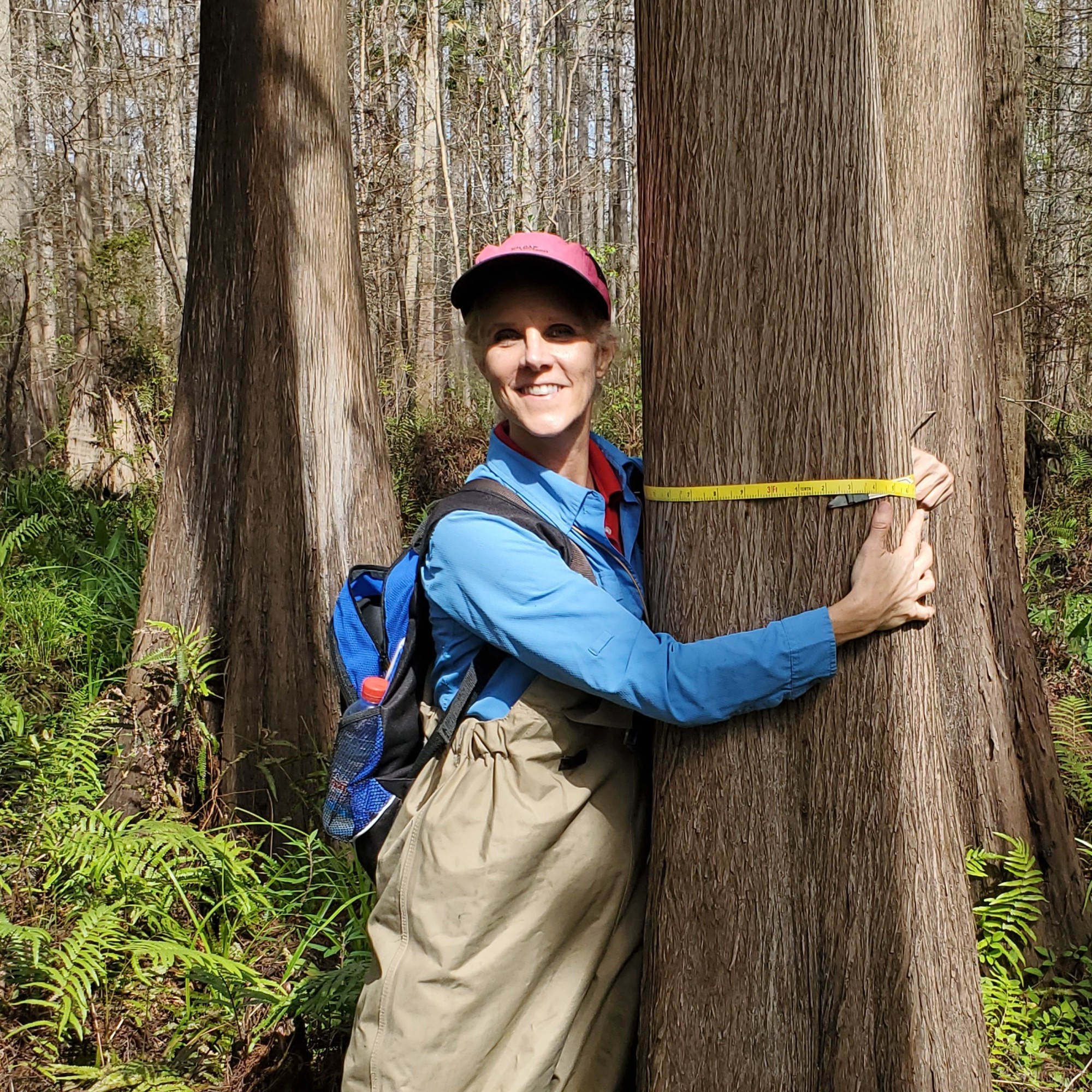 Kimberli Ponzio has over 36 years of experience working in Florida wetlands as an Environmental Scientist for two water management districts in the state of Florida, USA. Kim has been certified as a Professional Wetland Scientist for 25+ years, finding it important to ensure stakeholders from public, academic, and consultancy sectors that she has the education, work history, and skill-set necessary to deliver professional wetland services, and that she is committed to upholding a high standard of ethical behavior. Kim has been involved in leadership with the Society of Wetland Scientists since 2007, was SWS President in 2015, President of the SWS Professional Certification Program (SWSPCP) in 2020, and currently serves as Co-Chair of the SWSPCP Diversity, Equity, and Inclusion Committee. Kim is actively involved in helping to globalize the SWSPCP by making the Program accessible to qualified individuals, regardless of geography or financial standing. Kim’s approach has always been one of a collaborative spirit, which she believes is one of the most powerful mechanisms to further the cause of conserving, restoring, and protecting wetlands.
Kimberli Ponzio has over 36 years of experience working in Florida wetlands as an Environmental Scientist for two water management districts in the state of Florida, USA. Kim has been certified as a Professional Wetland Scientist for 25+ years, finding it important to ensure stakeholders from public, academic, and consultancy sectors that she has the education, work history, and skill-set necessary to deliver professional wetland services, and that she is committed to upholding a high standard of ethical behavior. Kim has been involved in leadership with the Society of Wetland Scientists since 2007, was SWS President in 2015, President of the SWS Professional Certification Program (SWSPCP) in 2020, and currently serves as Co-Chair of the SWSPCP Diversity, Equity, and Inclusion Committee. Kim is actively involved in helping to globalize the SWSPCP by making the Program accessible to qualified individuals, regardless of geography or financial standing. Kim’s approach has always been one of a collaborative spirit, which she believes is one of the most powerful mechanisms to further the cause of conserving, restoring, and protecting wetlands.


Nathan Saxe
Joseph Schubauer-Berigan Ph.D.
Aimee Steinbrecher
Environmental science and engineering Ph.D student at the University of Texas at San Antonio
Environmental scientist - WOTUS Terracon Consultants
Marcela Strane
Marcela is a PhD Candidate studying Environmental Engineering as she has a passion for seeing the world around her thrive while allowing society to grow. Her research interests focus on microplastics transport from ag systems into freshwater systems like wetlands. She loves books, animals, oceans, and helping others.


